Some toothpaste ingredients can leave your mouth feeling dry and uncomfortable.
Ingredients like sodium lauryl sulfate are linked to dry mouth symptoms, especially in people with sensitive oral tissues. While toothpaste is meant to support oral health, it can sometimes do the opposite if you're using the wrong formula.
Dry mouth can increase the risk of tooth decay, gum disease, and poor oral hygiene.
This article explains why it happens and how to fix it with better products, smart routines, and tips like using sugar free gum to stay comfortable.
Key Takeaways
-
Certain toothpaste ingredients, like Sodium Lauryl Sulfate (SLS), can exacerbate dry mouth symptoms by disrupting saliva production.
-
Identifying problematic ingredients and choosing SLS-free and moisturizing toothpastes can significantly alleviate dry mouth discomfort.
-
Lifestyle changes, such as staying hydrated and avoiding irritants, complement oral care routines to effectively manage dry mouth symptoms.
Can Toothpaste Cause Dry Mouth? Symptoms and Solutions
Some toothpaste ingredients can leave your mouth feeling dry and uncomfortable. Ingredients like sodium lauryl sulfate are linked to dry mouth symptoms, especially in people with sensitive oral tissues. While toothpaste is meant to support oral health, it can sometimes do the opposite if you're using the wrong formula. Dry mouth can increase the risk of tooth decay, gum disease, and poor oral hygiene. This article explains why it happens and how to fix it with better products, smart routines, and tips like using sugar free gum to stay comfortable.
Can Toothpaste Really Cause Dry Mouth?
Many people ask, can toothpaste cause dry mouth? The answer is yes, especially when it contains certain ingredients that interfere with saliva production or irritate the oral tissues. Toothpaste plays a crucial role in maintaining oral hygiene and supporting oral health, but not all toothpaste formulas are ideal for everyone. Some toothpaste ingredients can unintentionally contribute to dry mouth, particularly in individuals with existing sensitivities, medical conditions, or medication-induced saliva reduction.
Understanding the connection between toothpaste and dry mouth helps people make more informed choices about their oral care routine. If you notice a dry, sticky sensation after brushing, your toothpaste could be a factor.
What Is Dry Mouth and Why It Matters
Dry mouth, also called xerostomia, happens when your salivary glands do not produce enough saliva to keep your mouth moist. It may sound like a minor inconvenience, but chronic dry mouth can lead to a wide range of issues that affect not only oral health but also your overall well-being.
Saliva helps cleanse the mouth by removing food debris, neutralizing harmful acids, and protecting tooth enamel. Without sufficient saliva, your oral cavity becomes more susceptible to oral infections, cavities, and other complications like bad breath, canker sores, and cracked lips.
Dry mouth can be caused by medications, dehydration, autoimmune conditions, or lifestyle factors such as tobacco use or high alcohol consumption. But even your daily oral care products—including toothpaste—can play a surprising role in this condition.
How Toothpaste Ingredients Contribute to Dry Mouth
Not all toothpaste is created equal. While many toothpastes are designed to clean and protect your teeth, some contain ingredients that can exacerbate dry mouth symptoms. A key culprit is sodium lauryl sulfate (SLS), a common foaming agent.
Sodium lauryl sulfate is added to produce the familiar foaming action that makes brushing feel effective. However, studies have shown that SLS-containing toothpaste can irritate the oral mucosa and potentially worsen the sensation of dry mouth.
Here are other ingredients that can contribute to the problem:
-
Cocamidopropyl betaine: Often used as a milder alternative to SLS, but can still irritate sensitive oral tissues in some individuals.
-
Menthol and strong flavoring agents: These may give a refreshing taste but can leave the mouth feeling dry or tight.
-
Alcohol: Commonly found in some mouthwashes that are used alongside toothpaste, and known to reduce moisture in the mouth.
If your toothpaste contains any of these ingredients and you frequently experience a dry or sticky feeling post-brushing, it's worth exploring a change in product.
Signs Your Toothpaste Might Be Making Dry Mouth Worse
Not all cases of dry mouth start with toothpaste, but if your symptoms feel worse right after brushing, your toothpaste could be part of the problem. Knowing what to watch for can help you take early action and protect your oral cavity before more serious issues develop. Adjusting your oral care routine at the right time can make a significant difference in how your mouth feels day to day.
Common Dry Mouth Symptoms After Brushing
Many people experience dry mouth symptoms occasionally, but when they consistently follow your brushing routine, toothpaste ingredients might be the cause. Be on the lookout for signs like:
-
A persistent dry or sticky sensation in the mouth
-
Difficulty chewing, swallowing, or speaking comfortably
-
A burning sensation in the tongue or roof of the mouth
-
Cracked lips, dry lips, and overall mouth soreness
-
A rough or dry-feeling tongue
-
Persistent bad breath that doesn’t improve with brushing
These symptoms can make your daily oral care frustrating or even painful. If they tend to appear shortly after using toothpaste, especially ones with sodium lauryl sulfate or strong flavoring agents, switching products may offer relief.
When Symptoms Become a Problem
A little dryness here and there might seem manageable, but frequent dry mouth symptoms can lead to long-term oral health concerns. If you notice dryness several times a week or more, take note of the following complications:
-
A higher risk of tooth decay and cavities, since your mouth may not be producing enough saliva to protect your teeth
-
Inflammation and infection of the gums, which can impact overall gum health and increase the risk of sensitive gums
-
Chronic discomfort that makes eating, drinking, or speaking difficult
-
Worn tooth enamel and increased tooth sensitivity from prolonged dryness
These complications make it clear that dry mouth should never be brushed off as a minor issue. Reviewing your current oral care products and switching to better oral care solutions, such as sugar free candies that stimulate saliva production, can support a healthier oral cavity over time.
If symptoms continue despite changes, consult a dental professional to get tailored guidance on preventing dry mouth and protecting your long-term health.
Toothpaste Ingredients to Avoid If You Have Dry Mouth
The first step to improving dry mouth is knowing which ingredients to avoid. Many commercial toothpastes contain chemicals that may clean effectively but also dry out the oral cavity.
Problematic Ingredients to Watch Out For
If you experience dry mouth, avoid toothpastes that contain:
-
Sodium lauryl sulfate (SLS): A known irritant for many people that contributes to dryness.
-
Sodium lauryl sulfate SLS: Listed under different names, but with the same drying properties.
-
Strong minty flavoring agents: Menthol and similar ingredients may irritate sensitive oral tissues.
-
Cocamidopropyl betaine: Although milder than SLS, it can still cause issues for those with sensitivities.
-
Alcohol or artificial sweeteners: Common in both toothpaste and mouthwash, and may worsen dryness.
Avoiding these ingredients can significantly improve comfort and support saliva balance.
Tips for Reading Toothpaste Labels
Navigating toothpaste labels can be tricky, but here are some simple ways to make smarter choices:
-
Look for labels that clearly say "SLS-free" or "alcohol-free."
-
Choose products with moisturizing agents like glycerin or xylitol.
-
Avoid long lists of unfamiliar chemical ingredients that may hide irritants.
-
Consider options specifically designed for dry mouth, especially those labeled as suitable for sensitive teeth or dry mouth relief.
Betaine-based toothpastes have shown promise in reducing dry mouth symptoms, offering a safe alternative to more traditional formulations.
Best Toothpaste Options for People with Dry Mouth
Choosing the right toothpaste can make a world of difference. Whether your dry mouth is mild or chronic, switching to a more suitable toothpaste can improve moisture levels, reduce discomfort, and support overall oral health.
SLS-Free Toothpastes
If you’re experiencing dryness, switching to an SLS-free toothpaste is a smart first step. SLS-free options avoid the harsh foaming agent that may dry or irritate the mouth. Studies have shown that users who switch to SLS-free formulas experience fewer symptoms like burning, dryness, and mouth discomfort.
Some top-rated SLS-free brands include:
-
Biotène Dry Mouth Toothpaste
-
CloSYS Ultra Sensitive Toothpaste
-
Hello Sensitivity Relief Fluoride Toothpaste
These are often recommended for people with sensitive teeth, dry mouth, or canker sores.
Toothpastes with Moisturizing Ingredients
Moisture-retaining agents can significantly improve oral comfort for those with dry mouth. These ingredients help add moisture, soothe tissues, and support a balanced oral environment.
Effective moisturizing ingredients to look for include:
-
Glycerin: Helps lock in moisture along the gumline and soft tissues
-
Hyaluronic acid: Promotes hydration and tissue regeneration
-
Xylitol and betaine: Stimulate saliva production and reduce dry mouth symptoms
In a study of people with medication-related dry mouth, toothpaste with betaine, sodium PCA, and xylitol significantly improved oral comfort (Vasil’ev & Velichko, 2021).
Fluoride Protection for Dry Mouth
Even if your primary concern is dryness, don’t skip fluoride. It helps protect your teeth from decay, which is more likely in dry environments. Choose a gentle fluoride toothpaste to:
-
Strengthen enamel
-
Prevent cavities
-
Reduce sensitivity
Consider products that use stannous fluoride or sodium fluoride, such as Sensodyne Rapid Relief or Parodontax Clean Mint, both of which are formulated to be mild yet effective.
Extra Tips to Manage and Prevent Dry Mouth
To get the most out of your toothpaste and oral care routine, incorporate some lifestyle changes that further support moisture balance and healthy saliva flow.
Stay Hydrated Throughout the Day
Proper hydration is one of the easiest ways to support natural saliva production. Aim to:
-
Drink water regularly throughout the day, even if you’re not thirsty
-
Use a room humidifier while sleeping to prevent overnight dryness
-
Replace caffeinated beverages with herbal teas or plain water when possible
These simple steps help keep your mouth moist and support oral comfort.
Stimulate Saliva Naturally
You can naturally increase saliva flow using simple techniques like:
-
Chewing sugar free gum after meals
-
Sucking on sugar free candies throughout the day
-
Eating hydrating snacks like watermelon, cucumber, or apples
These habits can help maintain consistent moisture and provide relief from common individuals experiencing dry mouth.
Avoid Common Dry Mouth Triggers
Certain substances and habits can worsen dry mouth, including:
-
Smoking or tobacco use
-
Excessive caffeine intake from coffee or sodas
-
Alcohol consumption, especially in mouthwash
-
Spicy, salty, or acidic foods that dry out the mouth
Reducing these triggers can support saliva flow and reduce your reliance on oral care products alone.
When to See a Dentist About Dry Mouth
Sometimes dry mouth can’t be managed through at-home solutions alone. If symptoms persist, worsen, or begin to interfere with daily life, it may be time to consult a dental professional.
Signs It’s Time for Professional Help
Watch for these other factors and signs that indicate a visit to your dentist may be necessary:
-
Persistent dry feeling despite changing toothpaste
-
Increased sensitivity or frequent toothaches
-
Development of cavities or visible enamel erosion
-
Constant bad breath or metallic taste
-
Difficulty speaking or swallowing comfortably
These are more than just common culprits and annoying symptoms. They could point to more serious oral health issues.
What to Expect From a Dental Evaluation
Your dentist will:
-
Assess your current oral care routine and products
-
Examine your gums, tongue, and saliva flow
-
Ask about medication and medical history
-
Recommend toothpaste or oral care products specifically designed for your symptoms
They may also refer you to a specialist if your symptoms stem from medication or medical conditions beyond dental care. Treatments could include prescription-strength toothpaste, mouth sprays, or saliva substitutes.
Studies using ingredients like lactoperoxidase and stannous fluoride have shown improvement in salivary flow and reduced discomfort among dry mouth sufferers (Milleman et al., 2016).
Final Thoughts
Dry mouth may seem like a small issue, but over time it can impact your comfort, oral hygiene, and even lead to tooth decay or gum disease. Ingredients like sodium lauryl sulfate in many toothpastes can exacerbate dry mouth symptoms, leaving your mouth feeling dry, irritated, or sensitive.
To support optimal oral health and make informed decisions, choose toothpaste with gentle, moisture-friendly ingredients and pair your routine with smart habits like staying hydrated and using sugar free gum. If discomfort continues, consult a dental professional to get the right guidance and protect your oral cavity long-term.
For safer, clinically proven options that prioritize your comfort, explore SNOW’s enamel-safe, sensitivity-friendly formulas. Try them today!
Frequently Asked Questions
Still wondering how your toothpaste might be affecting your comfort? These quick answers can help you understand and take action.
Can toothpaste cause dry mouth?
Yes, toothpaste can cause dry mouth. Ingredients like sodium lauryl sulfate and strong flavorings may dry out your mouth and reduce saliva production, which increases the risk of bad breath, tooth decay, and discomfort.
What are the most common dry mouth symptoms after brushing?
The most common dry mouth symptoms after brushing include a dry or sticky mouth, cracked lips, burning sensations, and difficulty chewing or swallowing. If these appear regularly, your toothpaste could be a contributing factor.
What ingredients should I avoid in toothpaste for dry mouth?
You should avoid ingredients like sodium lauryl sulfate, Cocamidopropyl betaine, and intense flavoring agents like menthol. These can irritate your oral cavity and exacerbate dry mouth symptoms.
What kind of toothpaste is best for people with dry mouth?
The best toothpaste for people with dry mouth is SLS-free, contains moisturizing agents like glycerin or betaine, and includes fluoride to protect against tooth decay and support gum health.
Besides toothpaste, what helps prevent dry mouth symptoms?
To prevent dry mouth symptoms, focus on staying hydrated, use a room humidifier, and chew sugar free gum or sugar free candies to stimulate saliva. Limiting alcohol and caffeine intake also helps keep your mouth moist.
When should I see a dentist about dry mouth?
You should see a dental professional if your symptoms persist despite making changes. Ongoing dry mouth can lead to oral health issues, so getting personalized care is key to long-term relief.
If you want to learn more, why not check out these articles below:
- Can I Use Fluoride Toothpaste After Whitening Strips
- Can You Use Whitening Toothpaste with Braces
- Best Toothpaste for Sensitive Teeth
- Best Purple Toothpaste
- Best Hydroxyapatite Toothpaste
- Best Toothpaste Tablets
- Best Toothpaste to Prevent Cavities
- Best Toothpaste for Coffee Stains
- Best Whitening Toothpaste for Smokers
- How Long Does a Tube of Toothpaste Last
- Does Toothpaste Kill Bacteria
- How Long Does It Take for Whitening Toothpaste to Work?
- How Does Sensitive Toothpaste Work?
- How Does Whitening Toothpaste Work?
- Does Fluoride Toothpaste Whiten Teeth















































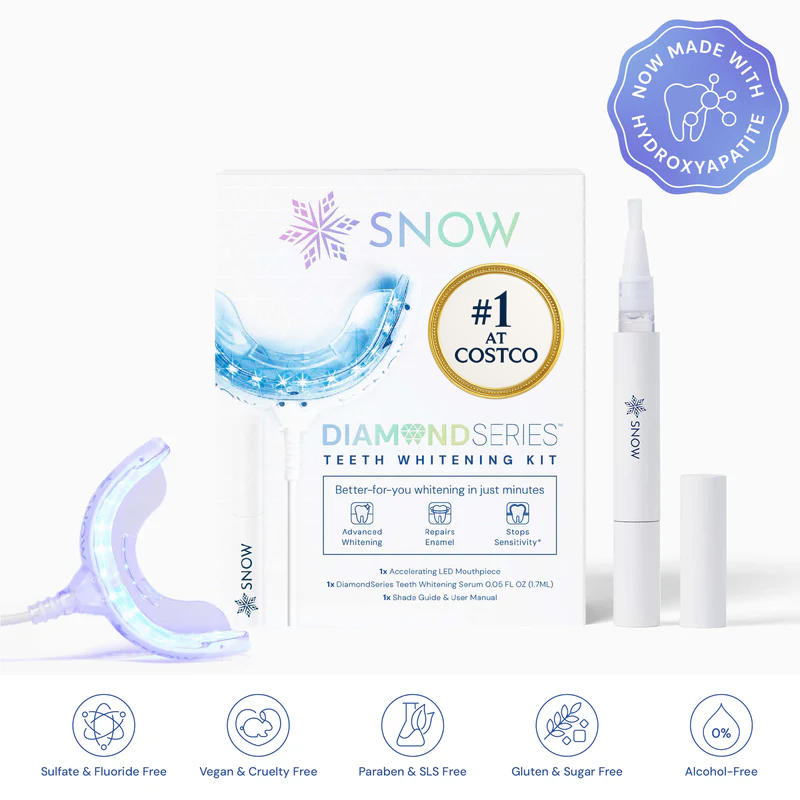
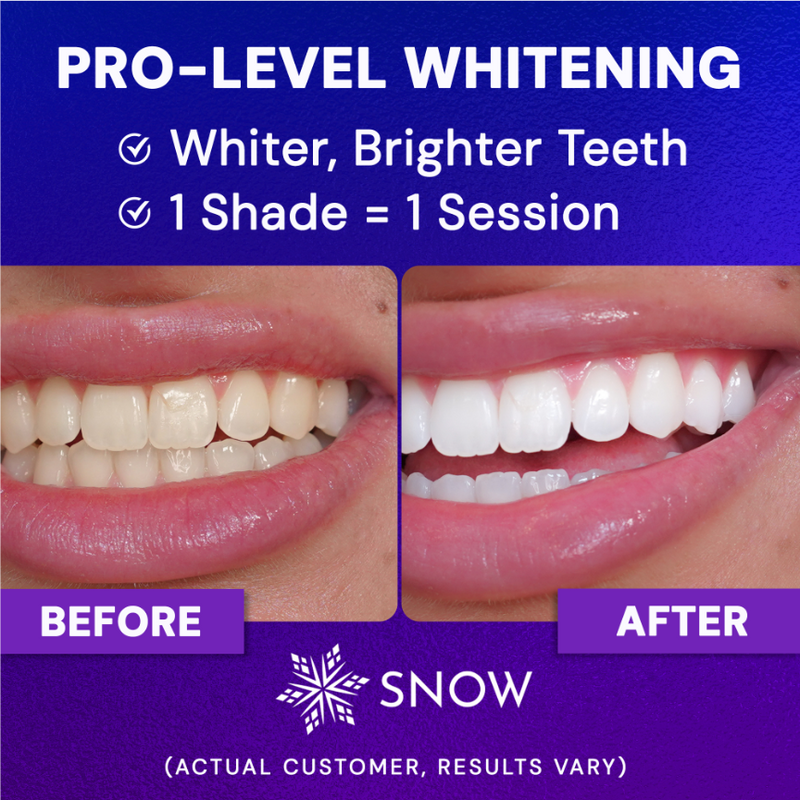
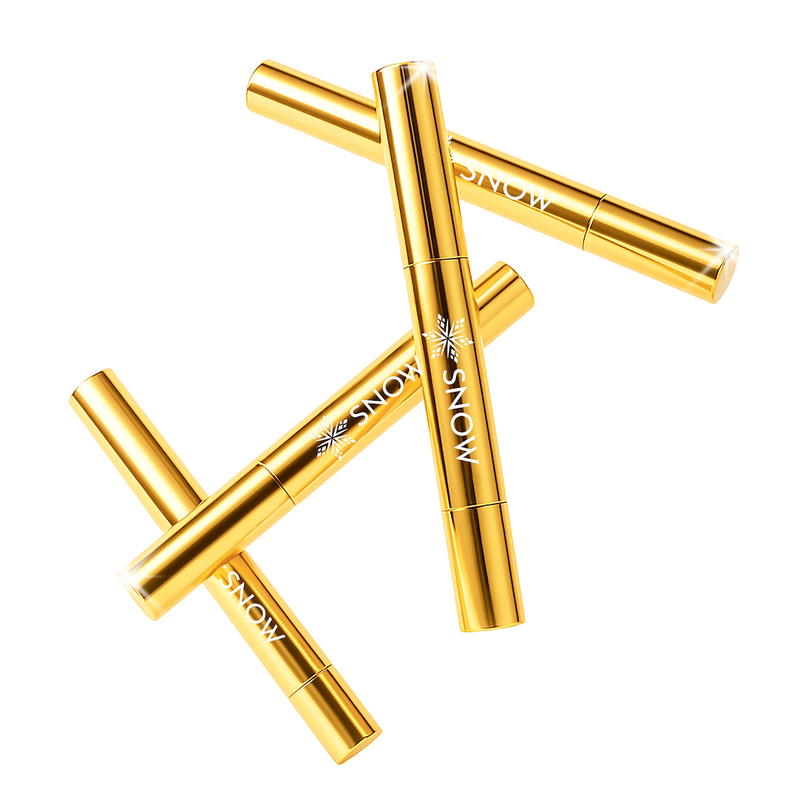
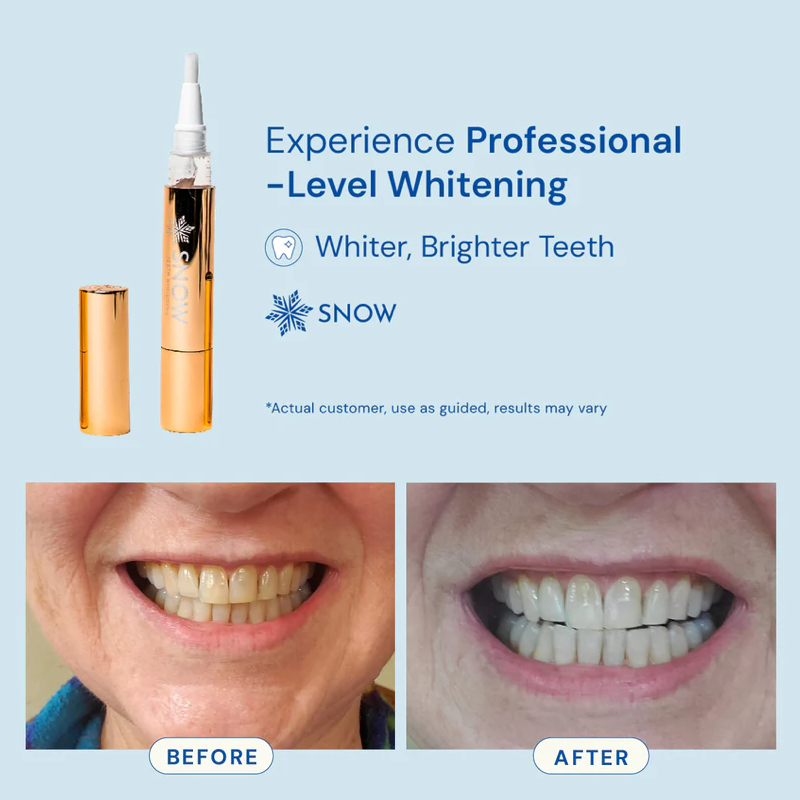

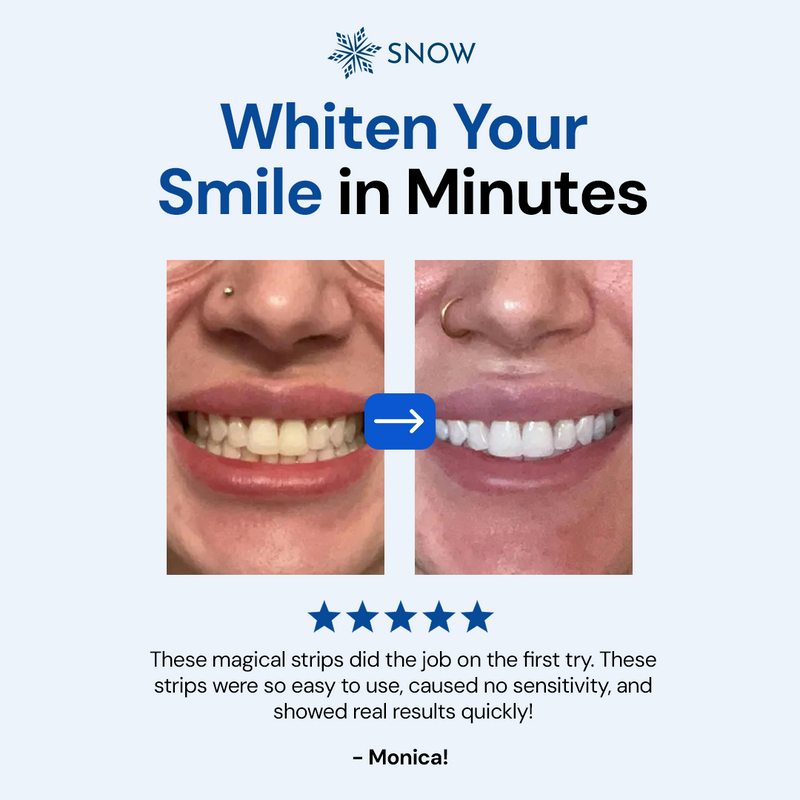
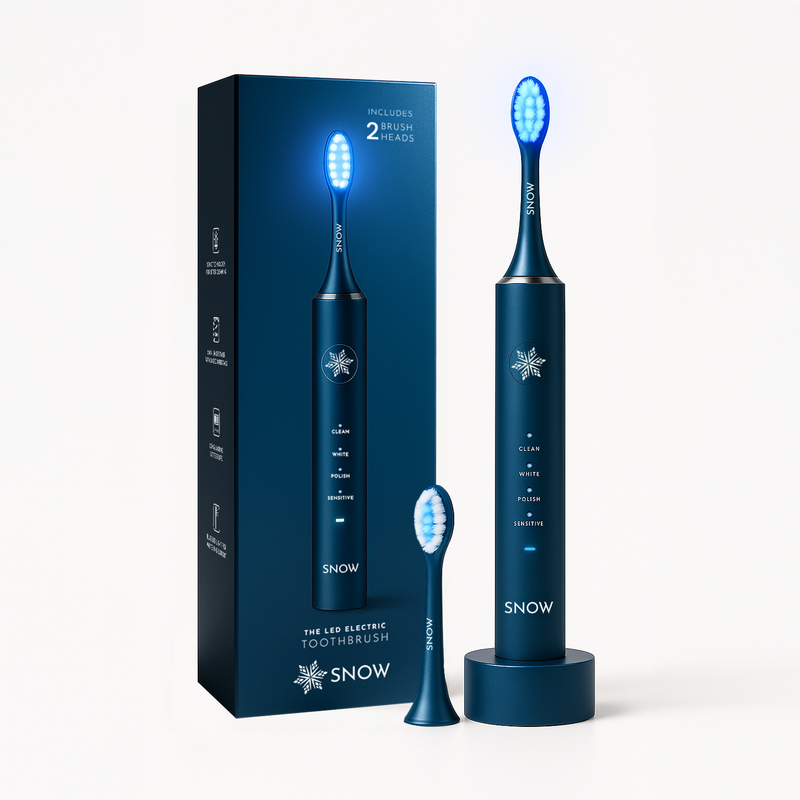

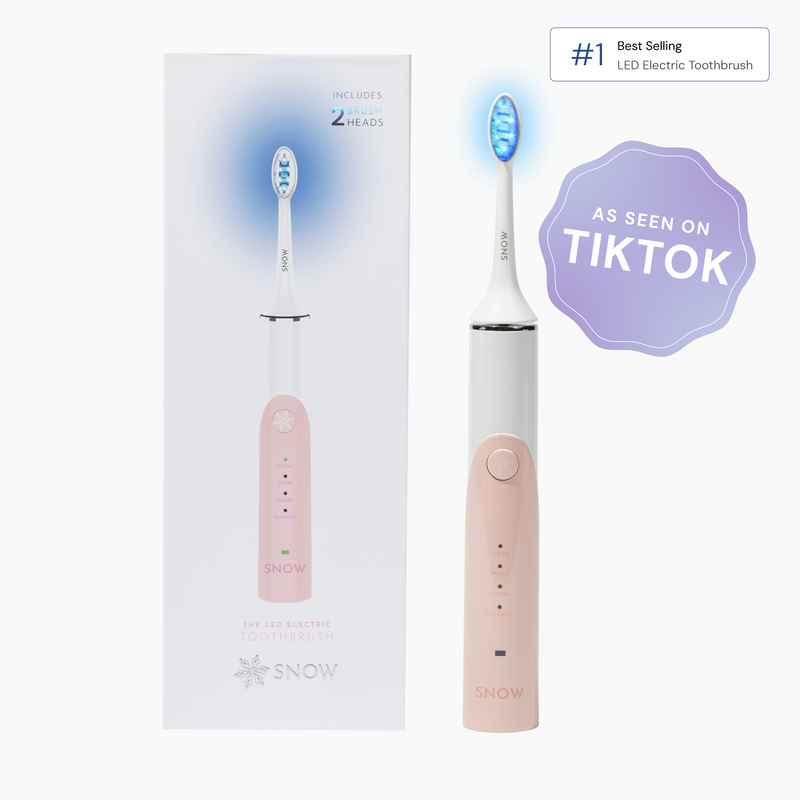


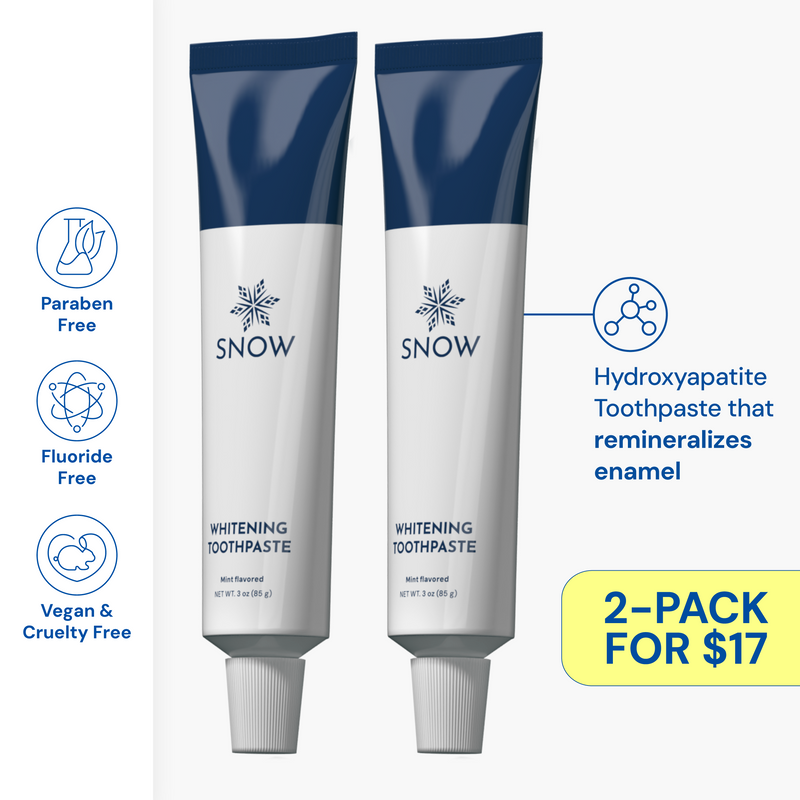
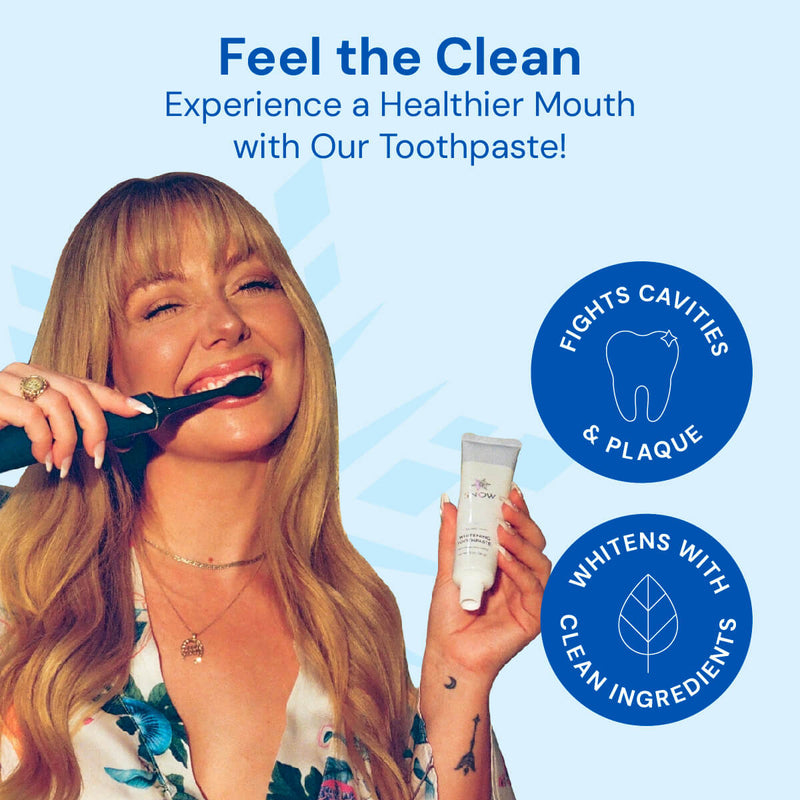
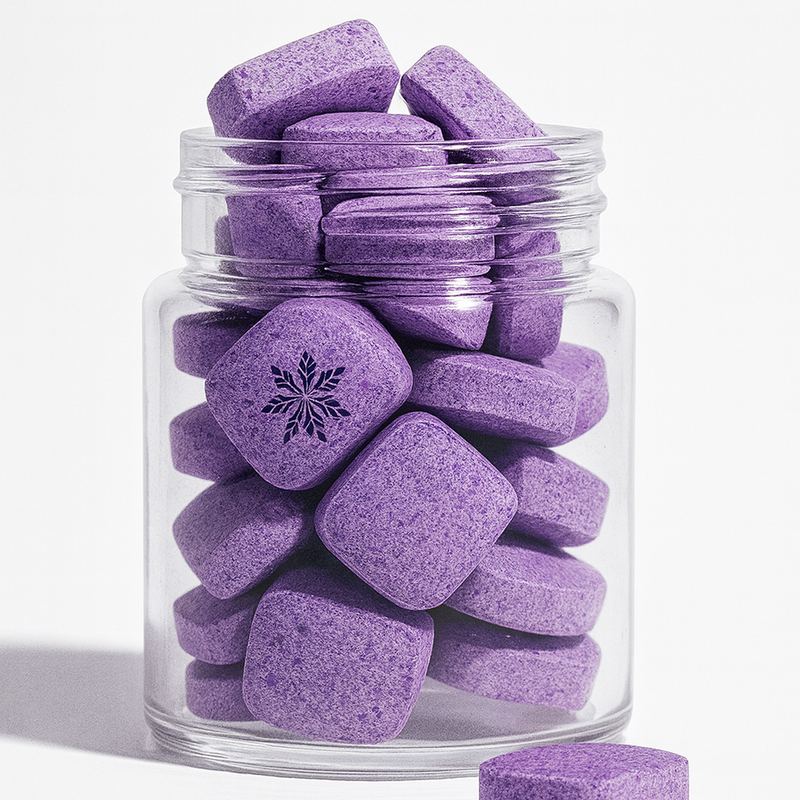
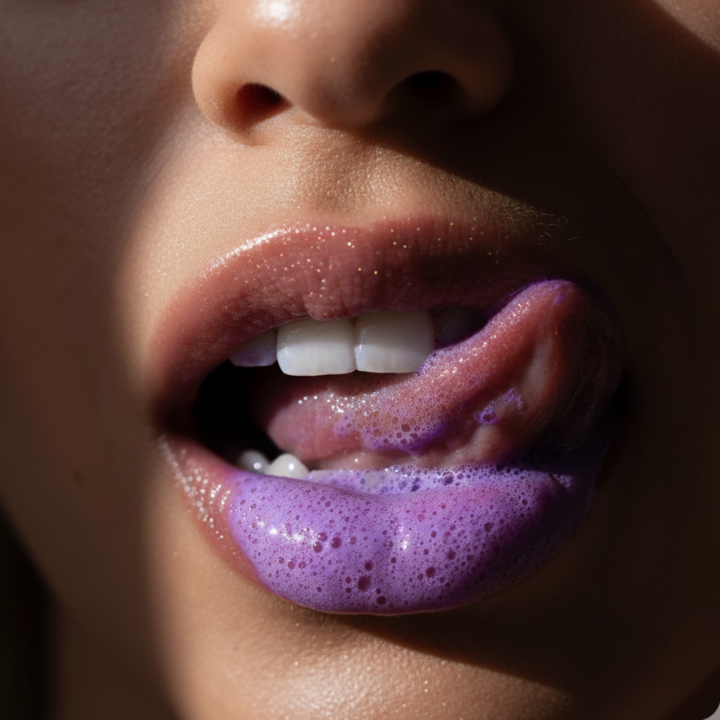



![Is It Safe to Use Whitening Toothpaste Everyday? [The Real Answer]](http://www.trysnow.com/cdn/shop/articles/is_it_safe_to_use_whitening_toothpaste_everyday.png?v=1759759126)



